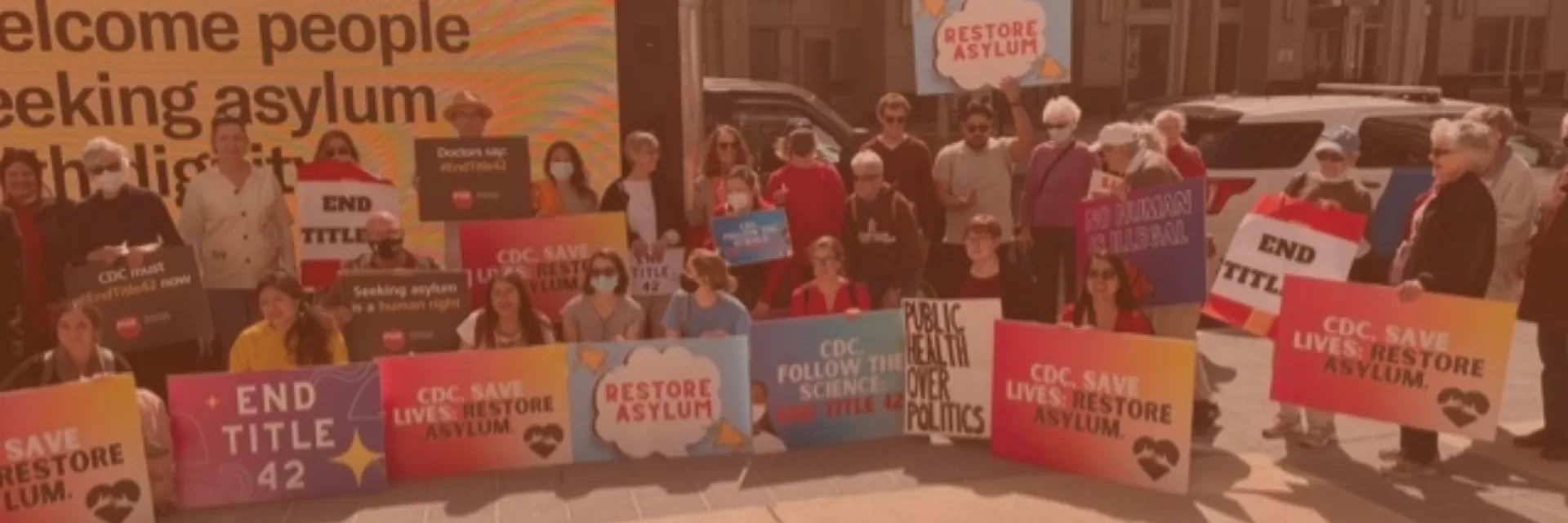Jim Burchell, Presente!
It is difficult to write of a friend in the past tense; to say, “He was a good man”, or “He was a funny guy.” “Was” seems to final. But then death is final and I suppose we need to find ways to accept the passing of friends; putting them in the past is one way we do this. But today, at least for today, I want our friend Jim Burchell to be present.


